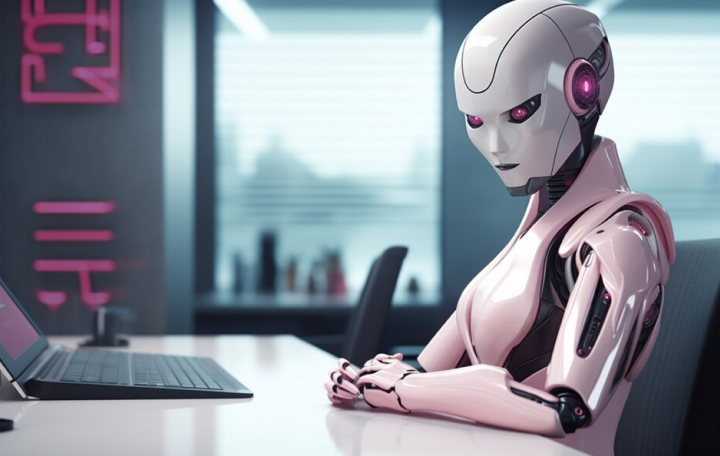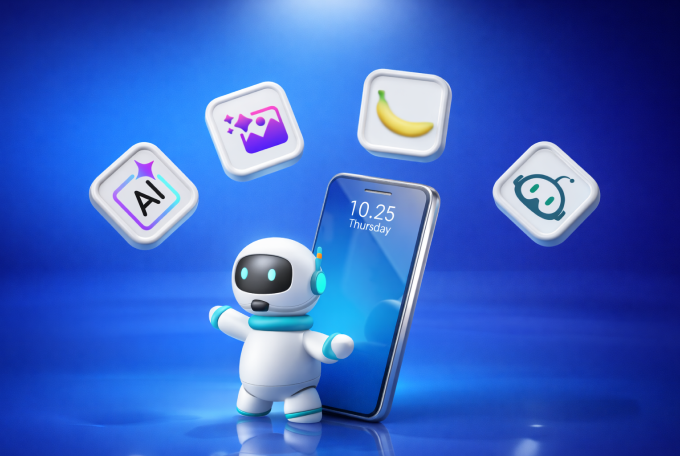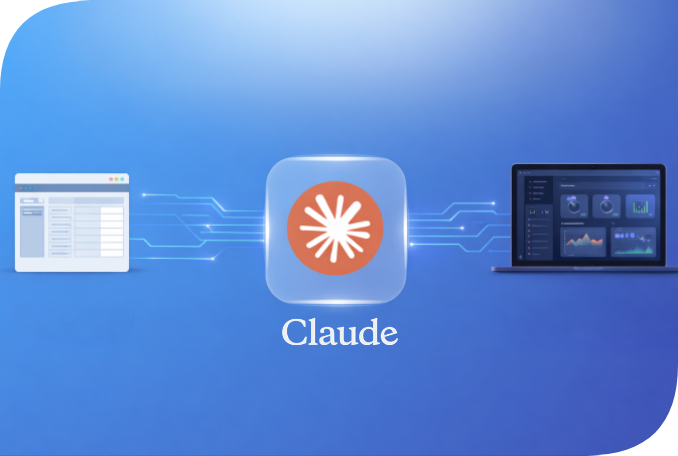How AI Automation Is Transforming the HR Business Workflow

The HR business workflow traditionally moved through several manual, time-consuming steps—workforce planning, recruitment, onboarding, operations, performance management, and employee engagement. However, as businesses scale rapidly, these manual processes slow down decision-making and reduce efficiency. Today, AI automation in HR workflows is transforming this entire structure by making every stage faster, smarter, and more accurate.
AI starts reshaping HR right from workforce planning. Instead of relying on guesswork, companies now use AI to analyze hiring trends, predict future talent needs, and identify skill gaps. As a result, HR teams plan proactively and avoid last-minute hiring pressure.
Next comes recruitment, which changes the most. AI screens thousands of resumes instantly, matches candidates to roles based on skills, and even predicts cultural fit. Chatbots handle initial queries, while automated interview tools speed up early screening. Consequently, businesses reduce hiring time, improve candidate quality, and eliminate bias that typically affects manual screening.
As the workflow continues, AI-driven onboarding ensures a seamless experience for new hires. It automates documentation, assigns personalized training modules, and answers questions through intelligent assistants. New employees settle in faster, feel more supported, and begin contributing sooner.
In HR operations, AI takes over repetitive tasks like attendance tracking, payroll processing, and compliance checks. Because AI minimizes human error, companies avoid legal risks and ensure accurate reporting every single time.
AI also revolutionizes performance management. Instead of annual reviews filled with subjective opinions, managers use real-time insights from AI systems. These tools analyze productivity trends, highlight strengths, and recommend personalized learning paths. This continuous evaluation approach helps employees grow steadily and keeps teams aligned with business goals.
Finally, AI strengthens employee engagement by analyzing feedback, detecting burnout patterns, and predicting attrition. HR teams receive early warnings and can intervene before issues escalate.
Overall, AI transforms HR from a process-heavy function into a strategic, insight-driven partner. Businesses gain faster workflows, lower costs, better decision-making, and a more engaged workforce. When HR becomes AI-powered, companies operate with greater clarity, consistency, and long-term workforce stability.
Related articles



